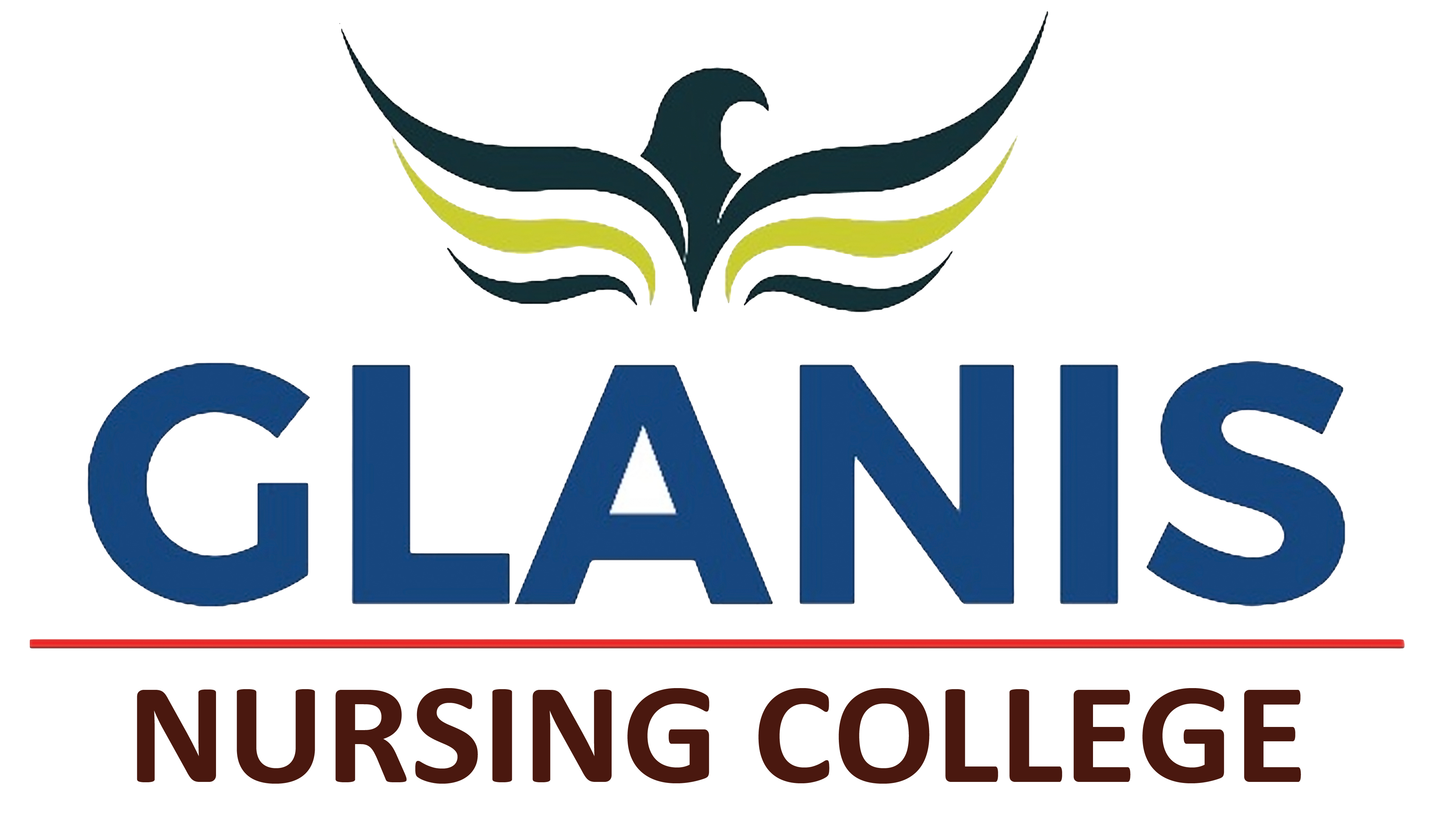NURSING
B.Sc Nursing
History / Background
The concept of Nursing has its origins and roots from time immemorial. From the age of birth attendants and midwives who delivered babies at homes (before institutional deliveries became the standard of care) to present day modern hospitals, Nursing has become an essential and integral part of human survival.
Internationally, the image of the Lady with the Lamp – Florence Nightingale – is synonymous with the nursing profession. Her work during the Crimean War in 1854 demonstrated the value of nurses. Today, she is widely regarded as the Founder of Modern Nursing.
Worldwide, organized nursing as a profession took shape in the 18th and 19th centuries.
In India, the earliest type of modern nursing was military nursing. The East Indian Company opened a hospital for soldiers at St. George Fort, Madras in 1664. The first sisters were sent from St. Thomas hospital, London to the military hospital in Madras. The maternity hospital was established in 1797 in Madras. The training school for midwives in Madras was sanctioned by the Government in 1854. The first school of Health visitors was started in 1918 by Lady Reading Health School, Delhi. The first four-year Basic B.Sc. program was established in 1946 at RAK College of Nursing in Delhi and CMC College of Nursing in Vellore. Today, there are more than 2000 Nursing colleges in India.
Description
Nursing can be described both as an art and a science; a heart and a mind. At its heart lies a fundamental respect for human dignity and an intuition for a patient’s needs.
Nurses work to promote health, prevent disease, and help patients with illnesses. When treating a patient, they observe, assess, and record symptoms, reactions, and progress. Nurses work alongside doctors when it comes to treatment plans and exams, administering medications, and monitoring patient recovery. Specifically, here are some of the things nurses do on a typical day:
- • Conduct physical exams
- • Take detailed health care histories
- • Listen to patients and analyze their physical and emotional needs
- • Provide counseling and health care education to patients
- • Coordinate care with other health care providers and specialists
- • Stay current with advances in health care options, medications, and treatment plans
- • Draw blood, and perform other health-related testing
- • Check a patient’s vital signs
In this era of ever-increasing specialization in the field of Medicine, there are many nursing specialty areas. Common areas of specialization by medical specialty, department, or population include:
- • Cardiac care nurse
- • Emergency room nurse
- • Family medicine nurse
- • Geriatric nurse
- • Intensive care unit (ICU) nurse
- • Labor and delivery nurse
- • Neonatal intensive care unit (NICU) nurse
- • Neurology nurse
- • Obstetrics nurse
- • Oncology nurse
- • Operating room nurse
- • Pediatric nurse
- • Surgical nurse
- • Women’s health nurse
Scope / Opportunities
Currently, India has 35.14 lakh registered nursing personnel, amounting to 2.06 nurses per 1,000 people. According to current projections, India faces a significant nursing shortage, falling far below the World Health Organization's recommended ratio of 3 nurses per 1,000, highlighting a major gap in the healthcare system.
Nursing is one of the oldest professions and yet its popularity never wanes in India as it presents an attractive job market & opportunity for easy employability both in the government & private sector.
The World Health Organization estimates that there will be a global shortage of nearly 4.8 million nurses and midwives by the year 2030. Nursing demand is spiralling in several parts of the world. United States, Canada and many countries in Europe, Middle-east and South-east Asia recruit Indian nurses who fulfil certain credentialing requirements. The international nursing job market presents an attractive opportunity for Indian nurses because of stable employment and good remuneration.
Curriculum
The curriculum covers instruction in the following subjects: Nursing Foundation, Health / Nursing Informatics & Technology, Applied Anatomy, Applied Physiology, Applied Biochemistry, Applied Microbiology, Pharmacology, Pathology, Child Health Nursing, Mental Health Nursing, Community Health Nursing, Midwifery / Obstetrics & Gynecology, Nursing Management & Leadership.
Course Duration
4 years (7 Semesters + 6 Months of Internship)
Eligibility
Pass in + 2 in Physics, Chemistry & Biology or Botany / Zoology with minimum 45 % aggregate marks in the aforementioned subjects for OC Candidates (40 % aggregate marks for BC/MBC/DNC/SC/ST candidates). For further details on eligibility, please visit:https://tnmedicalselection.net
Selection Procedure
65 % of students at Glanis Nursing College are admitted through the Government Quota while the remainder 35 % of students are admitted through the Management Quota.
Candidates opting for admission through the Government Quota are required to apply to the Selection Committee, Govt of Tamil Nadu (Directorate of Medical Education & Research) through their website: https://tnmedicalselection.net
Candidates opting for admission through the Management Quota can apply directly to Glanis Nursing College either online through the college website: www.glanis.,org or in person by visiting our college campus at:
Glanis Nursing College Glanis Square Madurai-Rajapalayam Road (NH 744) A. Thottiapatti, Madurai 625704 Phone: 7530011882
Candidates applying through the Management Quota will be short-listed and successful candidates invited for a personal interview. Selection of candidates will be based on +2 marks and performance in the personal interview.
 admin@glanis.org
admin@glanis.org  Enquiry: 75300 11882
Enquiry: 75300 11882 